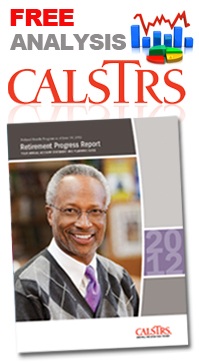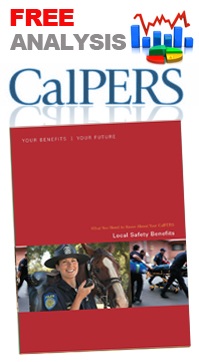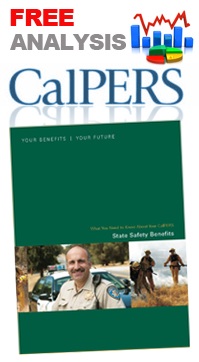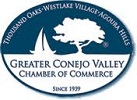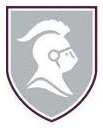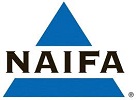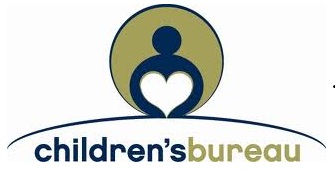A 401(k) is a tax-deferred retirement savings account that was widely adopted in the 1980’s as the alternative to the traditional retirement pension, which was typically paid by the employer.
What is a 401(k)?
A 401(k) is a tax-deferred retirement savings account that was widely adopted in the 1980’s as the alternative to the traditional retirement pension, which was typically paid by employers. It takes its name from subsection 401(k) of the Internal Revenue Code. Similar to other “Qualified” plans, employee salary deferrals into a 401(k) plan are made before income tax is paid (known as a tax-deductible contribution) and allowed to grow tax- deferred. The money is then taxed as ordinary income when it is withdrawn from the plan, usually after the employee reaches 59 ½ years old.
Widely adopted as the retirement plan for America’s workers, beginning in the 1980’s, it has since emerged as the “GO TO” alternative to the traditional retirement pension. Employer contributions with the 401(k) can vary, but in general the 401(k) had the effect of shifting the burden for retirement savings onto the workers themselves. In 2011, over 60% of American households nearing retirement age had 401(k) type accounts.
Has it been working?
Not really—the first wave of workers who had adopted this style of retirement plan are beginning to retire, and in general, the plans appear to be falling short; this shortfall, can be attributed mostly to market losses that were the result of the recessions that began in 2000 and 2008, as well as the overall mechanics of the system itself. Some say another contributing factor is employees not having good enough savings habits to take full advantage of the benefits being provided. In the sense that a 401(k) plan calls for the employee to allocate portions of his/her income towards retirement (as opposed to taking it home & spending currently). According to a Feb 19, 2011 article in the Wall Street Journal, “the median household headed by a person aged 60 to 62 with a 401(k) account has less than one-quarter of the savings needed in that account to maintain its standard of living in retirement.” This was according to a study commissioned by the Journal, & conducted by the Center for Retirement Research at Boston College.
What else do I need to know?
Like with other “Qualified” tax-deferred plans, an employee’s tax bill is reduced in the years contributions are made, but the tax liability is only delayed until later. The liability is still looming, and as the savings grow over the years, so do the taxes. Also, many people even forget that the taxes are going to be due later. For that reason, one should carefully consider the exit strategy of a tax-deferred plan BEFORE committing to the strategy. One of the reasons is that ultimately, the tax-liability can be a greater burden in retirement because the two primary deductions mortgage deduction and dependents) are usually no longer available (the house is hopefully paid off and dependent children are grown). Moreover, even if tax rates don’t change and are the same in retirement as they were in the working years, the withdrawals from a 401k can raise the participant’s annual income and place them in a higher tax bracket, thereby increasing the tax liability. Some say taxes will go higher—if that is so, then it might be better to pay the taxes now, so one doesn’t have to worry about them being higher later. These and other factors make it so crucial to plan accordingly.
Liquidity is another issue to keep in mind as a 401(k) has strict rules and severe penalties for early withdrawals and access is usually limited to those who are terminating employment. Again, planning is of paramount importance so the participant maintains as much liquidity, use and control of their money as possible while they continue to save towards retirement.
401(k) plans also charge fees for administrative services, investment management services, and sometime outside consulting services. They can be charged to the employer, the plan participants and to the plan itself and the fees can be allocated on a per participant basis, per plan, or as a percentage of the plan’s assets. For 2011, the average total administrative and management fees on a 401(k) plan were nearly 1% or approximately $250 annually.
Unlike banking institution savings accounts, there is no government insurance for assets held in 401(k) accounts. Plan sponsors experiencing financial difficulties, sometimes have funding problems. Fortunately, the bankruptcy laws give a high priority to sponsor funding liability. In moving between jobs, a plan participant should always consider moving the assets away from the old plan as a roll over into an IRA or similar plan.
What can I do instead?
What if my employer matches my contributions?
Employers can help their employees save for retirement while reducing taxable income under this provision, and workers can choose to deposit part of their earnings into a 401(k) account and not pay income tax on it until the money is later withdrawn in retirement.[2] Interest earned on money in a 401(k) account is never taxed before funds are withdrawn. Employers may choose to, and often do, match contributions that workers make. Free Money is the best kind of money. The 401(k) account is typically administered by the employer, while in the usual “participant-directed” plan, the employee may select from different kinds of investment options. Employees choose where their savings will be invested, usually, between a selection of mutual funds that emphasize stocks, bonds, money market investments, or some mix of the above. Many companies’ 401(k) plans also offer the option to purchase the company’s stock. The employee can generally re-allocate money among these investment choices at any time.
.

